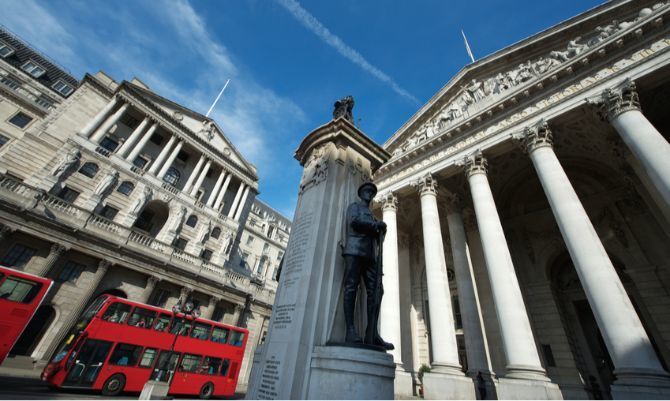Inflation rise puts the squeeze on UK household spending
Defying Bank of England predictions, the UK inflation rate soared to almost 3 percent in the wake of the Brexit-related fall in the value of sterling.

“Our view is that inflation will rise steadily to a little above three per cent by the summer,” he said. “However, should sterling resume an upward trend and energy prices slip further in dollar terms, there is a chance that inflation remains below the three per cent level.”Suren Thiru, head of economics at the British Chambers of Commerce (BCC), warned that businesses were being hit hard by the rise in inflation."Higher inflation is a key business concern as it squeezes margins and weakens their ability to invest, particularly during this time of heightened political uncertainty." he said. "The BCC's quarterly economic survey confirms that businesses continue to feel the inflationary pressures, with a significant proportion of firms struggling to absorb the rising cost of raw materials and other overheads."If the current political uncertainty persists, this is likely to increase the downward pressure on sterling's value, pushing inflation even higher over the next year."Amit Kara, head of UK macroeconomic forecasting at the National Institute of Economic and Social Research, added: "We expect inflation to rise further over the course of this year and to reach a peak in the final quarter of 2017."This spike in inflation will exert further downward pressure on real household disposable income, at a time when wage growth remains modest and in turn squeeze consumer spending."This squeeze on household budgets led to Frances O'Grady, general secretary of the Trades Union Congress, to call on the government to scrap the one per cent cap on pay rises in the public sector.“The election showed that working people are struggling. And the biggest price rises in four years won’t provide any comfort. Working people are still £20 a week off worse, on average, than they were before the crash – and now rising prices are hammering their pay packets again," she said.“The new government must stop the real wage slide. Ministers must focus on delivering better-paid jobs all around the UK. And it’s time to lift the artificial pay restrictions in the public sector. Our hardworking nurses and teachers are long overdue a pay rise.”
©2024 Re:locate magazine, published by Profile Locations, Spray Hill, Hastings Road, Lamberhurst, Kent TN3 8JB. All rights reserved. This publication (or any part thereof) may not be reproduced in any form without the prior written permission of Profile Locations. Profile Locations accepts no liability for the accuracy of the contents or any opinions expressed herein.




























